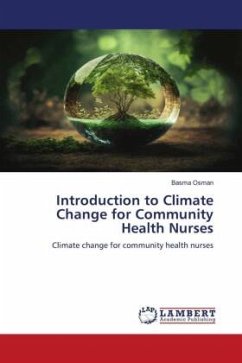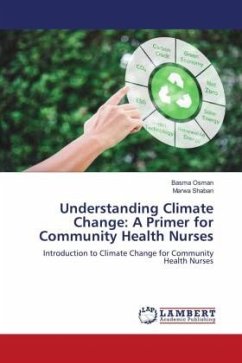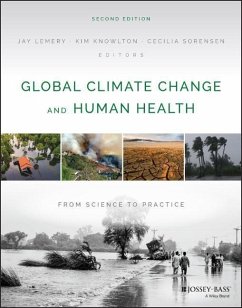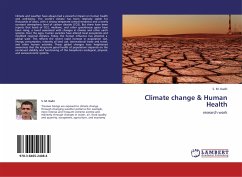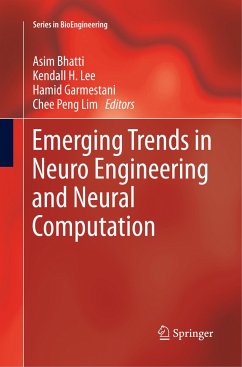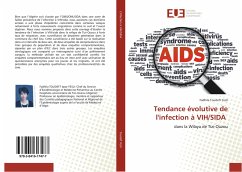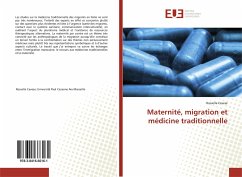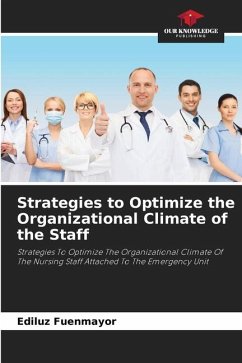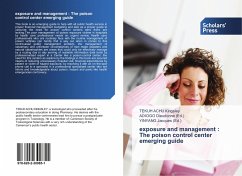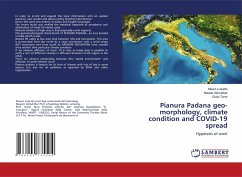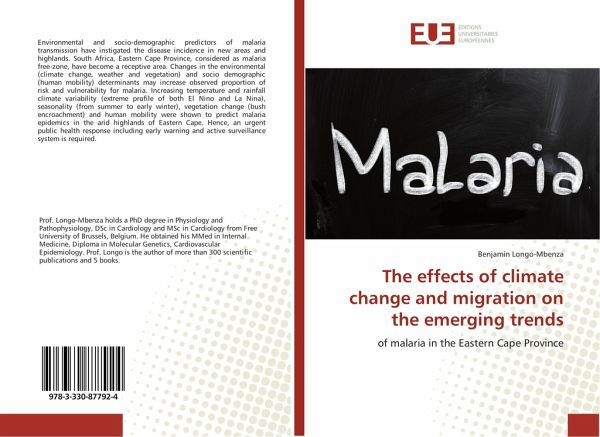
The effects of climate change and migration on the emerging trends
of malaria in the Eastern Cape Province
Versandkostenfrei!
Versandfertig in 6-10 Tagen
32,99 €
inkl. MwSt.

PAYBACK Punkte
16 °P sammeln!
Environmental and socio-demographic predictors of malaria transmission have instigated the disease incidence in new areas and highlands. South Africa, Eastern Cape Province, considered as malaria free-zone, have become a receptive area. Changes in the environmental (climate change, weather and vegetation) and socio demographic (human mobility) determinants may increase observed proportion of risk and vulnerability for malaria. Increasing temperature and rainfall climate variability (extreme profile of both El Nino and La Nina), seasonality (from summer to early winter), vegetation change (bush...
Environmental and socio-demographic predictors of malaria transmission have instigated the disease incidence in new areas and highlands. South Africa, Eastern Cape Province, considered as malaria free-zone, have become a receptive area. Changes in the environmental (climate change, weather and vegetation) and socio demographic (human mobility) determinants may increase observed proportion of risk and vulnerability for malaria. Increasing temperature and rainfall climate variability (extreme profile of both El Nino and La Nina), seasonality (from summer to early winter), vegetation change (bush encroachment) and human mobility were shown to predict malaria epidemics in the arid highlands of Eastern Cape. Hence, an urgent public health response including early warning and active surveillance system is required.



